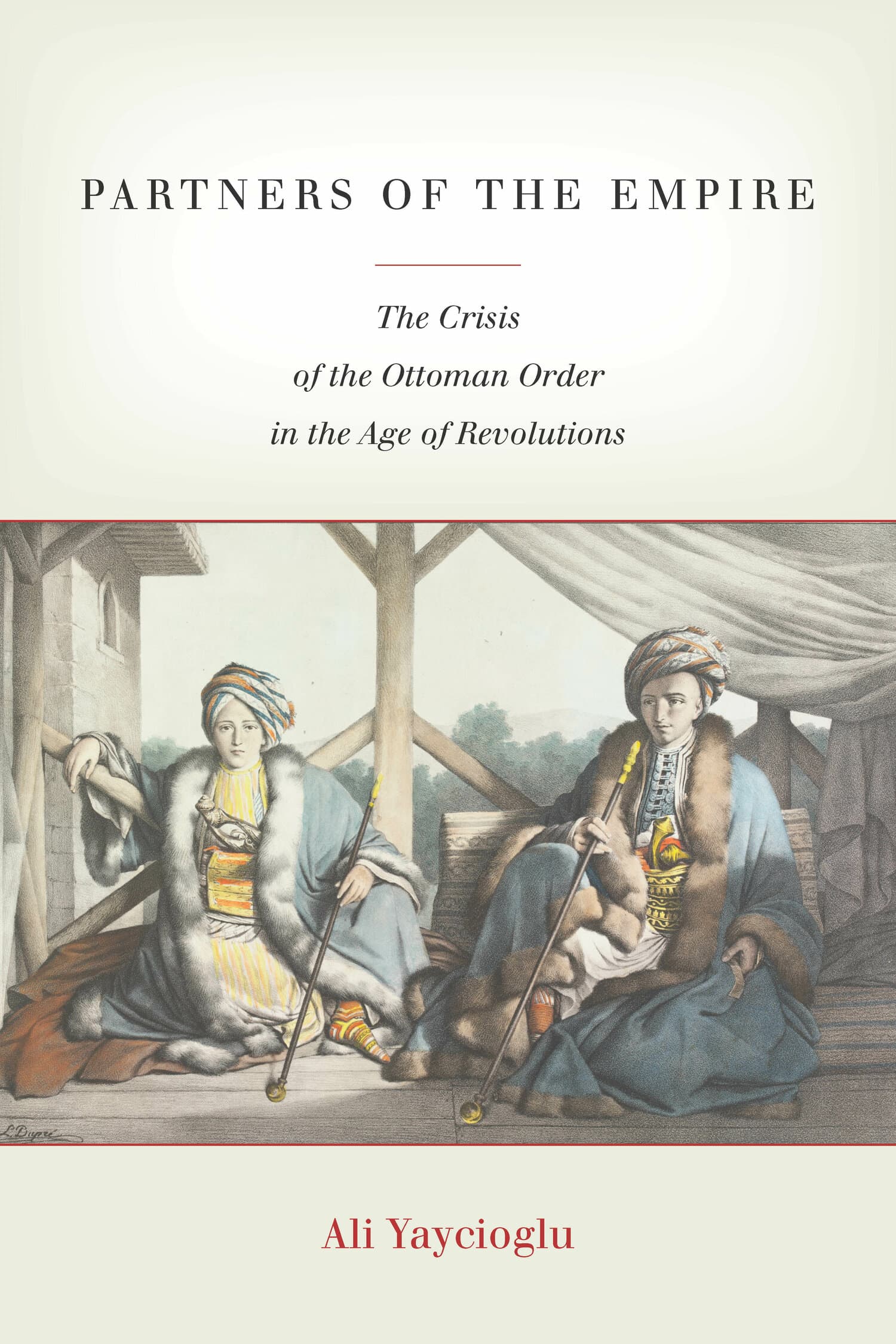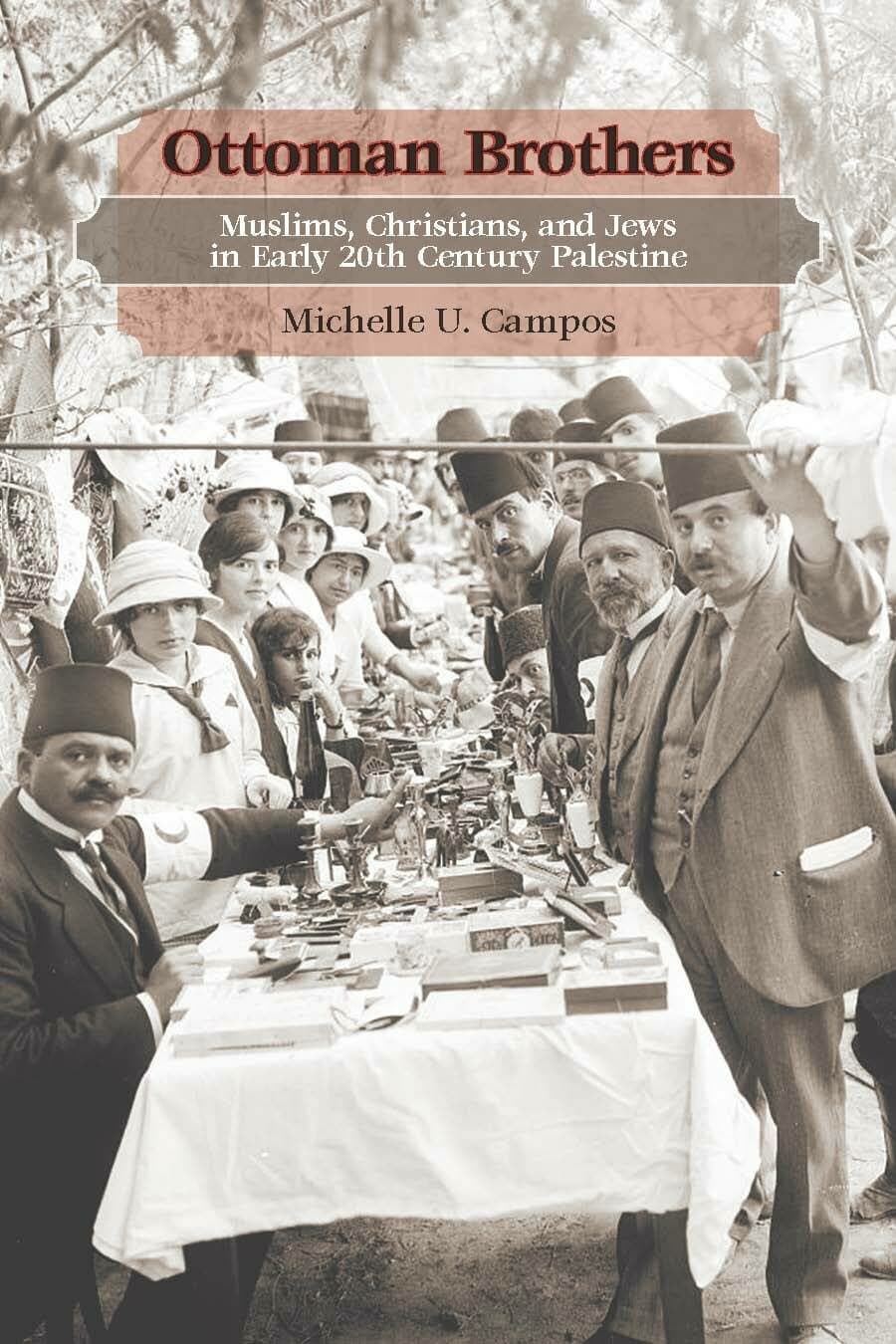Merchants of Knowledge
Award Winner
2025: Bridge Book Award
Shortlisted in the 2025 Bridge Book Award.

Between 1450 and 1550, a remarkable century of intellectual exchange developed across the Eastern Mediterranean. As Renaissance Europe depended on knowledge from the Ottoman Empire, and the courts of Mehmed the Conqueror and Bayezid II greatly benefitted from knowledge coming out of Europe, merchants of knowledge—multilingual and transregional Jewish scholars—became an important bridge among the powers.
With this book, Robert Morrison is the first to track the network of scholars who mediated exchanges in astronomy, astrology, Qabbalah, and philosophy. Their books, manuscripts, and acts of translation all held economic value, thus commercial and intellectual exchange commingled—knowledge became transactional as these merchants exchanged texts for more intellectual material and social capital. While parallels between medieval Islamic astronomy and the famous heliocentric arrangement posited by Copernicus are already known, Morrison reveals far deeper networks of intellectual exchange that extended well beyond theoretical astronomy and shows how religion, science, and philosophy, areas that will eventually develop into separate fields, were once interwoven. The Renaissance portrayed in Merchants of Knowledge is not, from the perspective of the Ottoman Muslim contacts of the Jewish merchants of knowledge, hegemonic. It's a Renaissance permeated by diversity, the cultural and political implications of which the West is only now waking up to.
—Justin Stearns, NYU Abu Dhabi
"Robert Morrison displays a virtuosity and mastery of Renaissance-era debates and substantially shifts how we narrate the mobility of knowledge between 'East' and 'West.' An extremely important book of impressive intellectual breadth."
—Harun Küçük, University of Pennsylvania
"A groundbreaking study of intellectual exchange in the early modern Mediterranean. Masterfully weaving together stories of Jewish scholars and their commercial and intellectual connections across the Ottoman Empire, Crete, and the Veneto, Robert Morrison revolutionizes our understanding of the making of the European Renaissance."
—Nükhet Varlık, Rutgers University




